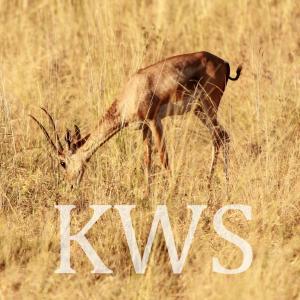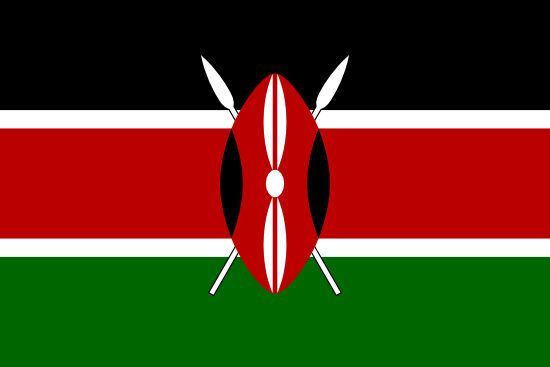Meru National Park:
Meru National Park is a Kenyan national park located east of Meru, 350 km (220 mi) from Nairobi. Covering an area of 870 km2 (340 sq mi), it is one best known national parks in Kenya. Rainfall in this area is abundant with 635–762 mm (25.0–30.0 in) in the west of the park and 305–356 mm (12.0–14.0 in) in the east. The rainfall results in tall grass and lush swamps.
Meru National Park in Kenya is primarily located in the Eastern Highlands ecoregion, which is characterized by diverse landscapes, including lush forests, rivers, and open savannah. It is part of the larger Mount Kenya ecosystem. The park was designated as a protected area in 1966, and it covers an area of approximately 870 square kilometers.
The park has a wide range of wild animals including the African bush elephant, lion, African leopard, cheetah, eastern black rhinoceros, southern white rhinoceros, Grévy's zebra, hippopotamus.
Meru was one of the two areas in which conservationists George Adamson and Joy Adamson raised Elsa the Lioness made famous in the best selling book and award-winning movie Born Free. Elsa the Lioness is buried in this park and part of Joy's ashes were scattered on her gravesite.
Brilliant on a magnificent scale, the Meru and Kora sister parks feature luxuriant jungle, coursing rivers, verdant swamp, khaki grasslands and gaunt termite cathedrals all under the sky’s great blue bowl. Little visited and utterly unspoilt, few places are comparable to the remote and rugged atmosphere found here. Visitors can see Grevy's zebras, elephants, Bohor reedbucks, hartebeests, pythons, puff adders, cobras, buffalos and more than 427 recorded species of birds.
Situated in central Kenya, Meru is known for its lush vegetation and diverse wildlife.
IUCN Category: II
Designation Type: National Park
Surface Area: Approximately 870 square kilometers
Year Designated: Gazetted as a national park in 1966
Governorship Type: Managed by the Kenya Wildlife Service (KWS)
Management Plan: Yes

